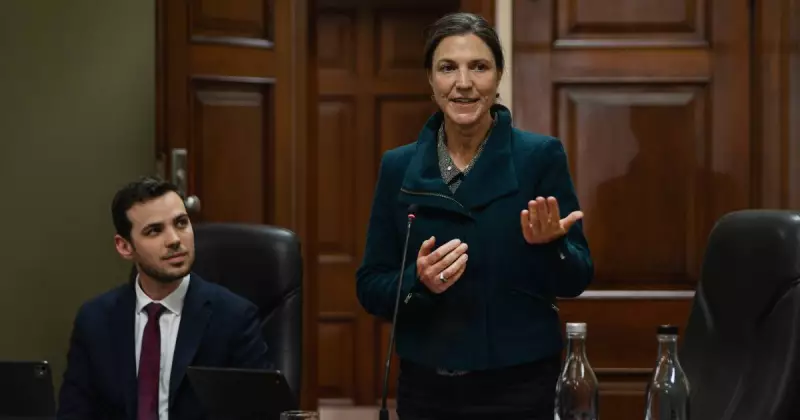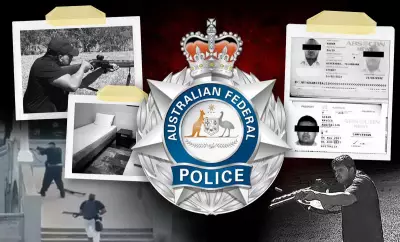
Political Tensions Rise Over Beaumont Street Decision
A significant political dispute has emerged in Newcastle following a decision by deputy lord mayor Charlotte McCabe to delay debate on urgent measures addressing Beaumont Street's social issues. The controversy erupted after McCabe, serving as chair of the November council meeting, determined that a late item concerning Hamilton's well-documented problems could wait until December.
MP Criticises 'Disappointing' Council Decision
Newcastle MP Tim Crakanthorp publicly criticised the decision, calling it "disappointing and simply not good enough" in social media comments. Crakanthorp emphasised that he regularly hears from Hamilton residents and business owners about antisocial behaviour and crime in the area, underscoring the community's concern about these ongoing issues.
The Newcastle Herald sought comment from Cr McCabe, who directed them to a statement on her Facebook page where she expressed concern about "misrepresentation" of her decision. "I've been accused of not caring about the complex social issues in Hamilton," McCabe stated. "I feel I must now correct the record."
Beaumont Street's Persistent Problems
Beaumont Street's long-standing issues continue to cause significant frustration for local residents and business operators. Community members have reported dealing with numerous challenges including used needles, human excrement, and verbal abuse in the Hamilton CBD area.
The late item that Liberal councillor Jenny Barrie circulated on the day of the November meeting contained several measures the council is already implementing in Hamilton. These included reviewing licensing of the James Street Plaza, examining free food services in Awaba Park, and considering a CCTV trial among other initiatives.
Meeting Rules and Urgency Debate
Cr McCabe defended her decision by explaining council procedures. "Any councillor wishing to debate a late item needs to explain to the chair why that decision can't wait until the next meeting," she stated. "They need to put the case for the urgency of the decision. This is one of the rules for our meetings from the Code of Meeting Practice."
Despite councillors and Cr McCabe acknowledging the importance of Hamilton's issues, the matter was not considered to require immediate attention and was scheduled for discussion at the December meeting instead.
Community Safety Initiatives Already Underway
Mr Crakanthorp highlighted his ongoing efforts to address Hamilton's challenges, noting that in January he initiated a community meeting bringing together residents, business owners, and key stakeholders to develop a comprehensive strategy for improving public safety.
The outcomes from the January meeting and a follow-up session in April included increased proactive police patrols and coordinated efforts to rehouse and protect people experiencing homelessness. These initiatives also resulted in an $80,000 NSW government grant to support City of Newcastle's revitalisation of Awaba Park.
Additional outcomes included collaboration between the Hamilton Business Improvement Association and police to establish the Hamilton Community Safety committee and undertake a safety audit of the area.
Democracy and Misrepresentation Concerns
Cr McCabe expressed particular concern about Mr Crakanthorp's criticism, noting that as a former councillor, he "knew full well" that the discussion about urgency focused on finding action items requiring immediate decisions. "I find his misrepresentation of a council decision deeply concerning from someone who is supposed to be upholding the values of democracy," she stated.
During the November meeting, Cr Barrie added another dimension to the controversy by pointing out that a walk Mr Crakanthorp said he would take down Beaumont Street with NSW Minister for Police Yasmin Catley had not occurred. Mr Crakanthorp subsequently confirmed the walk would take place in early December.
The dispute highlights the ongoing challenges facing Beaumont Street and the different approaches to addressing the area's complex social issues, with all parties agreeing on the importance of the matter while differing on the appropriate timing for council discussion.





